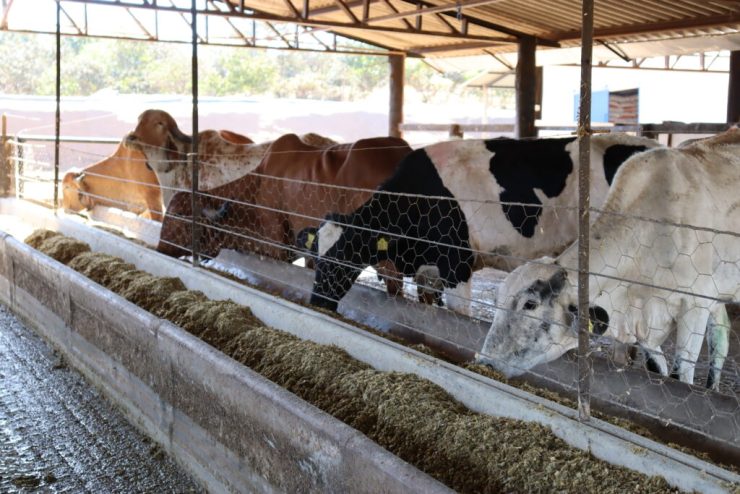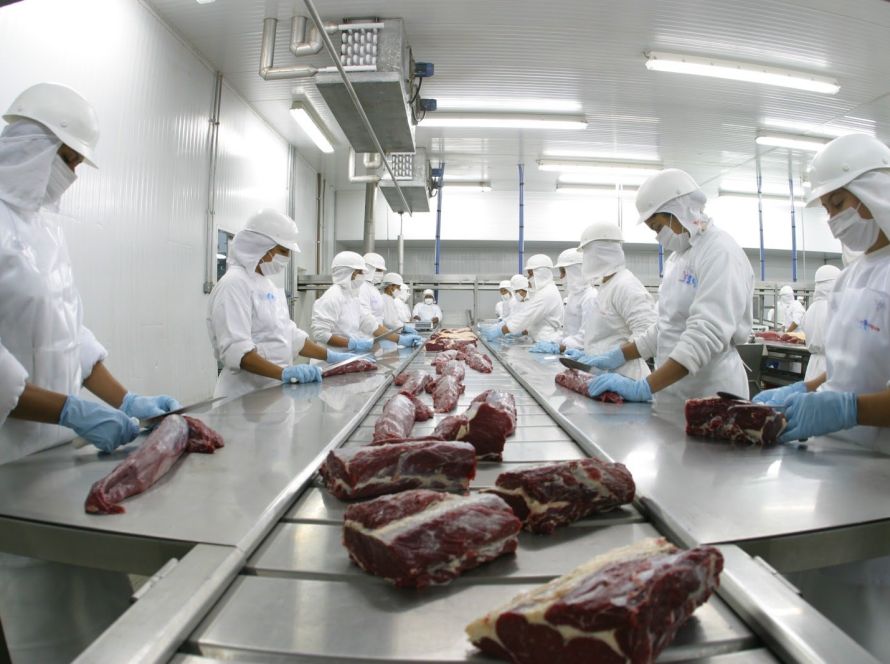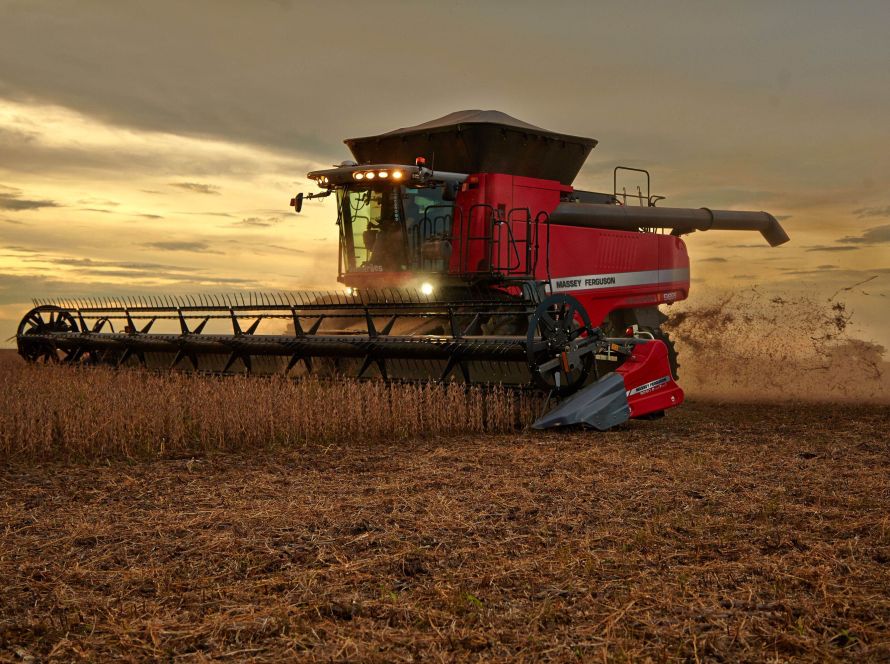With the corn harvest over and the new soybean planting approaching, rural producers continue to face a challenge that has persisted for years: a lack of storage capacity. Despite increased production and farmers' efforts, the available storage capacity remains far from meeting demand, forcing many to resort to emergency solutions such as open-air storage and the use of silo bags, compromising market competitiveness.
According to data from the National Supply Company (CONAB) and the Mato Grosso Institute of Agricultural Economics (IMEA), the state's static capacity is just over 53.4 million tons, while the deficit exceeds 52.6 million tons. Farms account for less than 30% of the total.
Producer Denis Carlos Briancini, Aprosoja MT delegate in the Araguaia Xingu unit, explains how the lack of infrastructure affects farm routines. "We don't have a warehouse on the farm, and here, in our region, because it's so large, with virtually no paved roads near any of the farms, logistics are very difficult. And this has a significant impact on logistics. The warehouses aren't equipped to handle all this grain, and we suffer greatly. With soybeans, I had to store 30, 40% of the production in silo bags, and only after harvesting did we start removing them. It took us 20 days to get all the soybeans to the warehouse, and with corn, we also stored almost 70% in silo bags."
For Denis Carlos Briancini, the lack of dedicated storage directly compromises the sale price of produce. He explains that the main obstacle to building silos on farms is the high investment cost and unattractive financing conditions.
"What makes it difficult for us to have our own storage facility is the cost of the warehouse. Currently, it's very expensive to build and doesn't make up for the cost. Financing lines are also expensive, with interest rates ranging from 121 to 151 TP4T per year. It's unfeasible to build a warehouse under these conditions, especially with a short repayment term," he says.
Diogo Balistieri, Vice President of Aprosoja MT North, points out that concentrating the harvest in a short period further increases the pressure on existing infrastructure. "The harvest in Mato Grosso is done in a short period. Therefore, producers face problems with logistics and especially with the storage of their products, having to wait in lines for several days with trucks or delivering to a company that the rural producer doesn't trust."
He adds that only by expanding capacity or building silos on properties will it be possible to guarantee greater autonomy to producers.
"I believe that only with the expansion or construction of own storage will the producer be able to claim ownership of his own production, because until then you end up delivering to multinationals or buyers in the domestic market and, in a way, end up being in the hands of the companies for marketing or even for the withdrawal or forced sale of the product, this ends up taking away the competitiveness of the producers in terms of price."
For Aprosoja MT, the issue should be treated as a national priority. The organization's president, Lucas Costa Beber, emphasizes the strategic importance of storage for the country's security and the autonomy of producers.
"Today, Brazil stores less than two-thirds of its production, and Mato Grosso stores approximately 50% of our production. With this political, economic, and geopolitical instability, we are deeply concerned because this not only affects the safety of rural producers, where they will store their products, but also the food security of our population. Therefore, storage is always a strategic issue. Brazil needs to focus on it; we need policies that promote and facilitate access to warehouses; the harvest plan also needs to take a closer look at this issue."
In this context, Aprosoja MT has been reinforcing with authorities the need for accessible credit lines and programs aimed at building silos on farms. With the "Armazém para Todos" (Warehouse for All) campaign, the organization seeks to encourage small and medium-sized producers to invest in their own storage, even offering a simulator that assesses the feasibility of the investment and the expected return.
More than just space to store grains, storage is a strategic factor for competitiveness, allowing producers greater autonomy when marketing their production and reducing logistical losses.





